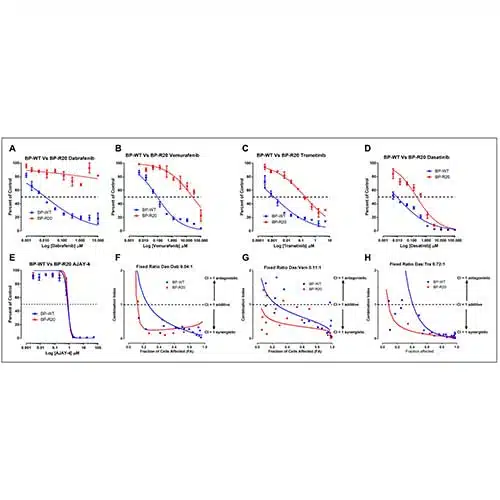Skin cancer is a prevalent and largely preventable form of cancer that develops in the skin cells. Understanding the risks, early detection methods, and protective measures are essential for maintaining skin health and reducing the impact of this disease.






Skin cancer is a common form of cancer that affects millions of people worldwide. It occurs when abnormal cells in the skin grow out of control and form tumours. There are three main types of skin cancer: basal cell carcinoma, squamous cell carcinoma, and melanoma. Although skin cancer can be fatal, it is often curable if caught early.
Skin cancer is the most common form of cancer in the United States, with an estimated 5.4 million cases diagnosed each year. Basal cell carcinoma and squamous cell carcinoma are the most common types, while melanoma is less common but more dangerous. In fact, melanoma is responsible for the majority of skin cancer deaths.
The sun is a major factor in the development of skin cancer. The sun emits ultraviolet (UV) radiation, which can damage the DNA in skin cells and lead to the formation of cancerous cells. Both UVA and UVB radiation can contribute to skin cancer, although UVB radiation is more closely linked to the development of non-melanoma skin cancers like basal cell carcinoma and squamous cell carcinoma.
Exposure to the sun’s UV radiation is a primary cause of skin cancer, and cumulative exposure over time increases the risk of developing the disease. Sunburns, particularly in childhood or adolescence, can also increase the risk of skin cancer. People who live in areas with high levels of UV radiation, such as closer to the equator or at high altitudes, are at a higher risk of developing skin cancer.
It is important to protect yourself from the sun‘s harmful UV radiation by wearing protective clothing, using sunscreen, and seeking shade during peak sun hours. Early detection of skin cancer is also crucial for successful treatment, so it is important to regularly check your skin for any changes or new growths and to visit a dermatologist if you have any concerns.
The prognosis for skin cancer depends on the type and stage of the cancer, as well as the patient’s age and overall health. The five-year survival rate for basal cell carcinoma and squamous cell carcinoma is over 90%, while the five-year survival rate for melanoma is about 92% for early-stage cases, but drops to 27% for advanced cases.
The stages of skin cancer are similar to those of other cancers and are determined based on the size and extent of the tumour, as well as the presence of metastasis (spread to other parts of the body). The stages are as follows:
Stage 0: The cancer is only in the outermost layer of skin and has not spread to nearby tissue.
Stage I: The cancer is small and has not spread to nearby lymph nodes or other organs.
Stage II: The cancer is larger and has not spread to nearby lymph nodes or other organs.
Stage III: Cancer has spread to nearby lymph nodes, but not to other organs.
Stage IV: Cancer has spread to other parts of the body, such as the lungs, liver, or brain.
Treatment for skin cancer depends on the type, stage, and location of the cancer, as well as the patient’s age and overall health. Common treatments include Surgery, Radiation therapy, Chemotherapy and Immunotherapy.
Immucura’s Dendritic Cell Therapy is a promising new approach to treating skin cancer. Immucura collects the patient’s own dendritic cells and modify them in the laboratory to better recognize and attack cancer cells. Then they are injected back into the patient, where they can stimulate an immune response against the cancer. Studies have shown that Dendritic Cell Therapy can help slow the growth of skin cancer and improve the quality of life of cancer patients.
It might be of your interest this article that emphasizes the importance of taking preventative measures to maintain healthy skin. It provides information on the causes of skin damage, including environmental factors, and offers practical tips for prevention of Skin health
© 2025 Immucura. All Rights Reserved
Loading: Please wait…
Loading form: Please wait…
Loading: Please wait…
Loading form… Please wait…
Loading form: please wait…